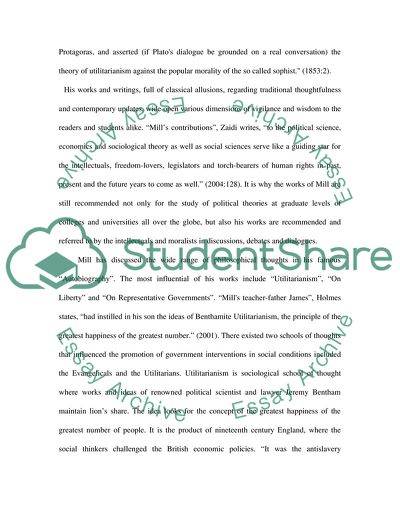Cite this document
(John Stuart Mill and His Practical Works Article, n.d.)
John Stuart Mill and His Practical Works Article. https://studentshare.org/philosophy/1707724-john-stuart-mill-and-his-works-practical-uses
John Stuart Mill and His Practical Works Article. https://studentshare.org/philosophy/1707724-john-stuart-mill-and-his-works-practical-uses
(John Stuart Mill and His Practical Works Article)
John Stuart Mill and His Practical Works Article. https://studentshare.org/philosophy/1707724-john-stuart-mill-and-his-works-practical-uses.
John Stuart Mill and His Practical Works Article. https://studentshare.org/philosophy/1707724-john-stuart-mill-and-his-works-practical-uses.
“John Stuart Mill and His Practical Works Article”. https://studentshare.org/philosophy/1707724-john-stuart-mill-and-his-works-practical-uses.


